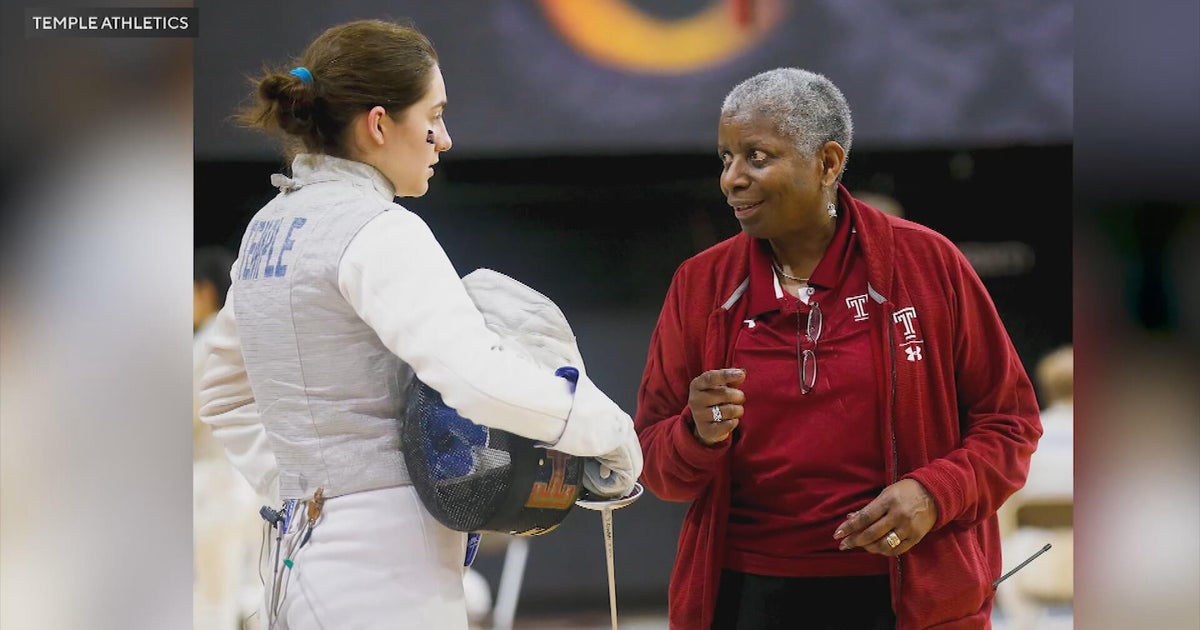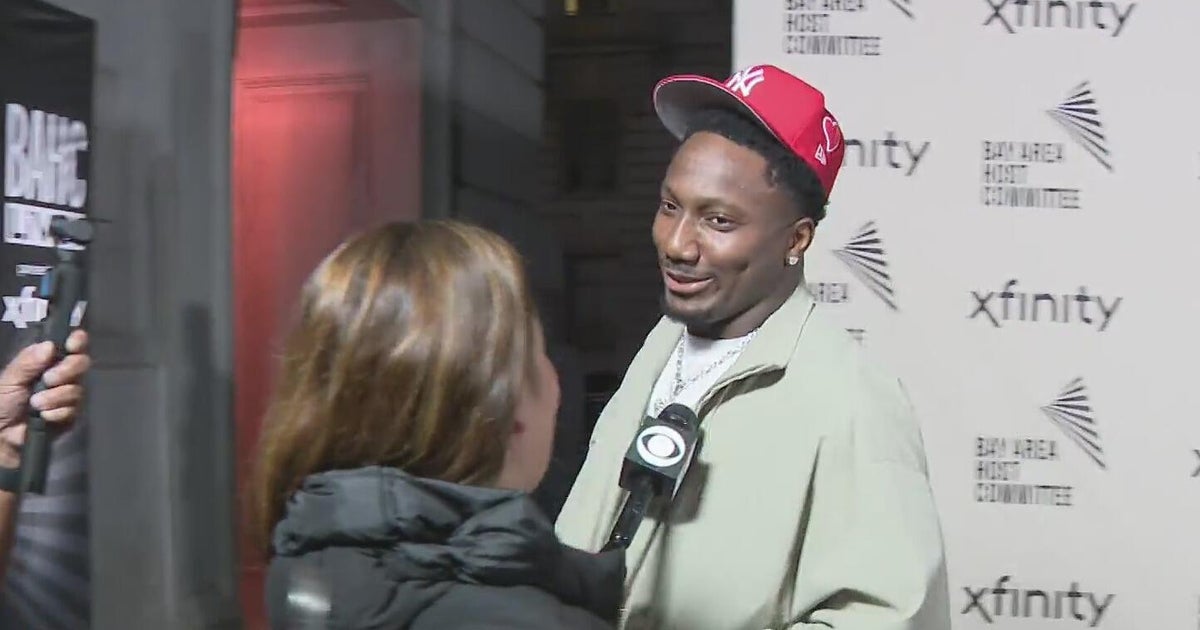Bernstein: Pat Summitt Shouldn't Continue Coaching
By Dan Bernstein-
CBSChicago.com Senior Columnist
(CBS) There's no easy way to say what I'm about to say, nor is there any pleasant way to talk about one of the worst diseases there is – one so excruciating and unfair, and so relentless.
University of Tennessee women's head basketball coach Pat Summitt announced that she has been diagnosed with early onset Alzheimer's disease.
She needs to stop coaching, immediately.
I know little about Summitt, only that saying she is most highly accomplished and most highly respected still stops short of describing her achievements. I am unaware of anything that contradicts a word of the praise she has received throughout her career, or in the wake of her shocking disclosure.
It is the nature of athletes and coaches to fight, and Summitt is putting on a brave public face. She insists that she will use medication and mental exercises to slow the progress of her dementia, while assigning more duties to trusted assistants.
But this isn't a return from heart surgery, nor is it even a battle with cancer. There is no cure, and any "treatment" is only palliative. Once it has begun its grim, destructive march, Alzheimer's cannot be stopped or slowed.
And this is something other than the stories that often swirl around elderly coaches: "He's not as sharp as he was a few years ago," or "That's the kind of detail he didn't miss when he was younger."
This is a diagnosis of a 59-year-old from the Mayo Clinic – not whispers among opponents at a preseason luncheon, or the muttered gossip of tipsy boosters in a stadium-lot hospitality tent. It's real, and has the definitive stamp of legitimacy.
One of the earliest signs of onset is forgetfulness, particularly the brain's inability to retain new memories. Nothing is being saved to the hard-drive the same way, if at all.
So for what is she responsible, now, during games? Substitutions are made, plays are designed and called, and timeouts are burned, with the clock marking each decision in tenth-of-a-second increments as coaches make multiple, concurrent calculations, some subconscious. The first time anything goes wrong – or even seems a little…off – a reasonable person will have to weigh the effect of tangled neurons.
And while it's simple and understandable to look immediately at the intense pressure of in-game situations, a larger issue, even, could arise with the day-to-day responsibilities of the job. Beyond tactics, controlled emotion is what makes great coaches great – knowing exactly when to push which buttons when, instinctively understanding when and where to provide the pat on the back or administer the swift kick in the pants.
Alzheimer's patients can struggle to control emotions. It begins in subtle fashion (perhaps a more insidious problem, since coaches need subtlety), then inexorably worsens into more serious aggression and irritability. Players will be unable to trust the messages they receive, not knowing if it's Coach talking, or just the plaque interfering with the connections in her brain.
Most importantly, the college coach makes a promise to the parents of recruits that their son or daughter is now in the best possible hands. Even if Summitt is joined in those living rooms by a team of caring, competent assistants, how can that really be pledged?
It can't. Nor will it stop rival coaches from making sure her condition gets mentioned, even as they express the deepest, deepest sympathy.
University attorneys must be racing down the hall to the AD's office as I write this, explaining that a demented head coach creates exposure to all kinds of potential litigation. Now that no less an authority than the Mayo has confirmed the existence of the malady, there can be no cover-ups of any lapses that occur or consequential mistakes that she may make. If she continues with the real responsibilities of a head coach, the school owns the risks.
We are quick to say that those who suffer from any serious disease are heroic, fighting spirited battles to rage against the dying of the light.
(Already, in fact, the buoyant prose is rolling in. USA Today wrote "Summitt determined to face down Alzheimer's challenge.")
But again, this is not cancer. The light is going. We don't see big billboards of proud survivors sporting pink ribbons or rubber bracelets, urging others to do as they did.
Alzheimer's allows no heroes among victims. Anyone with any unfortunate contact with this horror knows the heroes are the haunted loved ones who never stop visiting, taking precious time with a family member who has no idea who this person is, here today recounting old memories, walking in the garden or sharing a cup of coffee.
The heroes are the selfless professional caregivers, who in their pure humanity have chosen to help patients retain some sense of dignity, even if no family comes to call.
Someone as proud and beloved as Pat Summitt deserves better than a slow, very public descent.
The University of Tennessee should promote her to Head Coach Emeritus, or a similar, executive figurehead position, and she should understand. She could continue to work to the best of her abilities, without the glare of media or the burden of wins and losses on the floor or in recruiting.
Her legacy should remain. The legacy of Pat Summitt, not the legacy of what she will become.

Dan Bernstein has been the co-host of "Boers and Bernstein" since 1999. He joined the station as a reporter/anchor in 1995. The Boers and Bernstein Show airs every weekday from 1PM to 6PM on The Score, 670AM. Read more of Bernstein's blogs here. Follow him on Twitter @dan_bernstein.
Listen to The Boers and Bernstein Show podcasts >>







